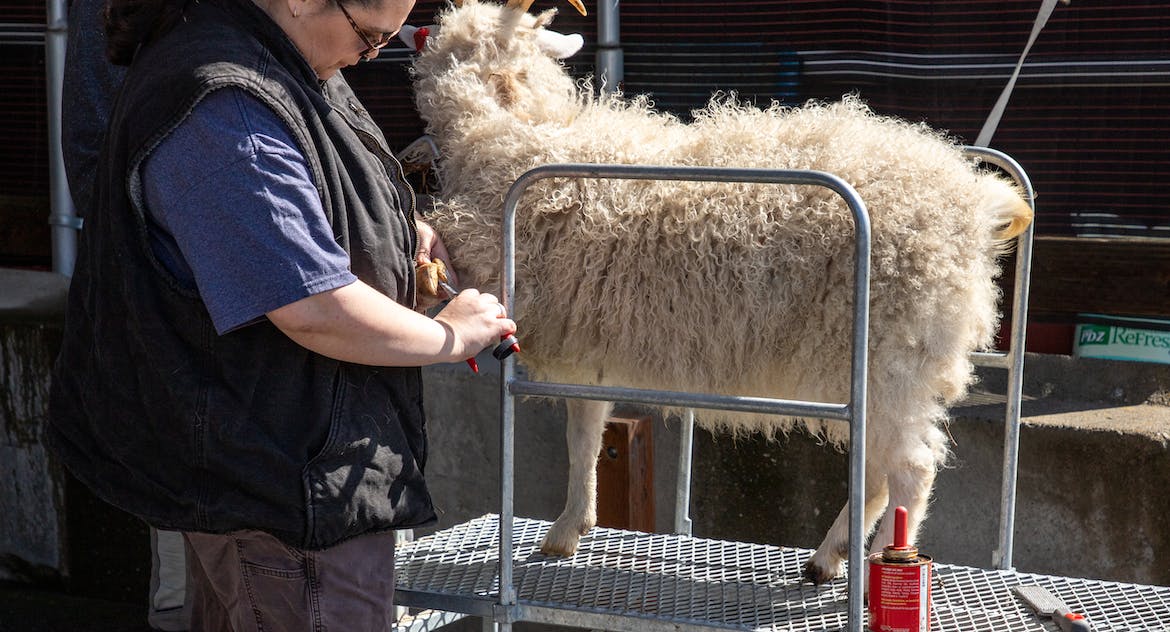Maintaining a consistent and reliable veterinary workforce is a challenge faced by all veterinary clinics at some point. Contributing factors such as staff shortages, unexpected absences, or the need for specialised expertise all add to the challenge. This is where locum vets come into the picture and in this blog post, we will discuss why veterinary practices need locum vets Locum Vet Placements and the significant benefits they bring to the industry.
Covering Staff Shortages and Unexpected Absences:
Veterinary clinics often encounter situations where regular vets are unavailable due to illness, holidays, maternity leave, or personal emergencies. In such cases, locum vets offer a crucial solution by providing temporary coverage. These experienced professionals step in to fill the gaps, ensuring the smooth continuation of veterinary services without interruption. Locum vets enable clinics to maintain their level of care and prevent any backlog of appointments, surgeries, or emergencies.
Maintaining Continuity of Care:
When a regular vet is absent, maintaining continuity of care for the patients becomes a priority. Locum vets help ensure that the animals receive consistent treatment. They review medical records, discuss ongoing treatments with the clinic’s staff, and provide necessary follow-ups, ensuring that the animals’ healthcare remains uninterrupted. This continuity of care builds trust and reassurance among the clients, who value consistent and reliable veterinary services.
Having locum vets working alongside regular staff provides an excellent opportunity for knowledge exchange and professional development.
Specialised Expertise and Skill Sets:
Veterinary medicine encompasses a wide range of specialties, and while many veterinary practices have resident specialists, their availability may be limited. Locum vets bring specialised expertise and skill sets to clinics that may not have these specialists on staff. Whether it’s an intricate surgical procedure or the diagnosis of a complex medical condition, locums with specialised knowledge fill the gaps, enhancing the range of services offered by the practice.
Flexibility and Adaptability:
The veterinary industry can be unpredictable, with varying caseloads and seasonal fluctuations. Locums offer much-needed flexibility to practices, allowing them to adapt to changing demands. Veterinary clinics can book locum vets for specific periods, either days, weeks or months, depending on their requirements. This flexibility enables clinics to scale their workforce based on demand, preventing over- or understaffing.
Knowledge Exchange and Professional Development:
Having locum vets nurses working alongside regular staff provides an excellent opportunity for knowledge exchange and professional development. Locums bring diverse experiences from different clinics, regions, or even countries. Regular staff can learn new techniques, gain exposure to different approaches, and broaden their understanding of veterinary medicine. This exchange of knowledge contributes to the overall growth and development of the veterinary team, enriching the services provided to clients and their animals.
Locum vets play a vital role in supporting veterinary practices and ensuring the continuity of care for animals. Their ability to step in during staff shortages, cover unexpected absences, and provide flexibility, greatly benefits veterinary clinics. Additionally, locum vets foster knowledge exchange and professional development within the veterinary team. By recognising the importance of locum vets, veterinary practices can maintain the highest standards of care and adapt to the ever-changing needs of their clients and patients.



